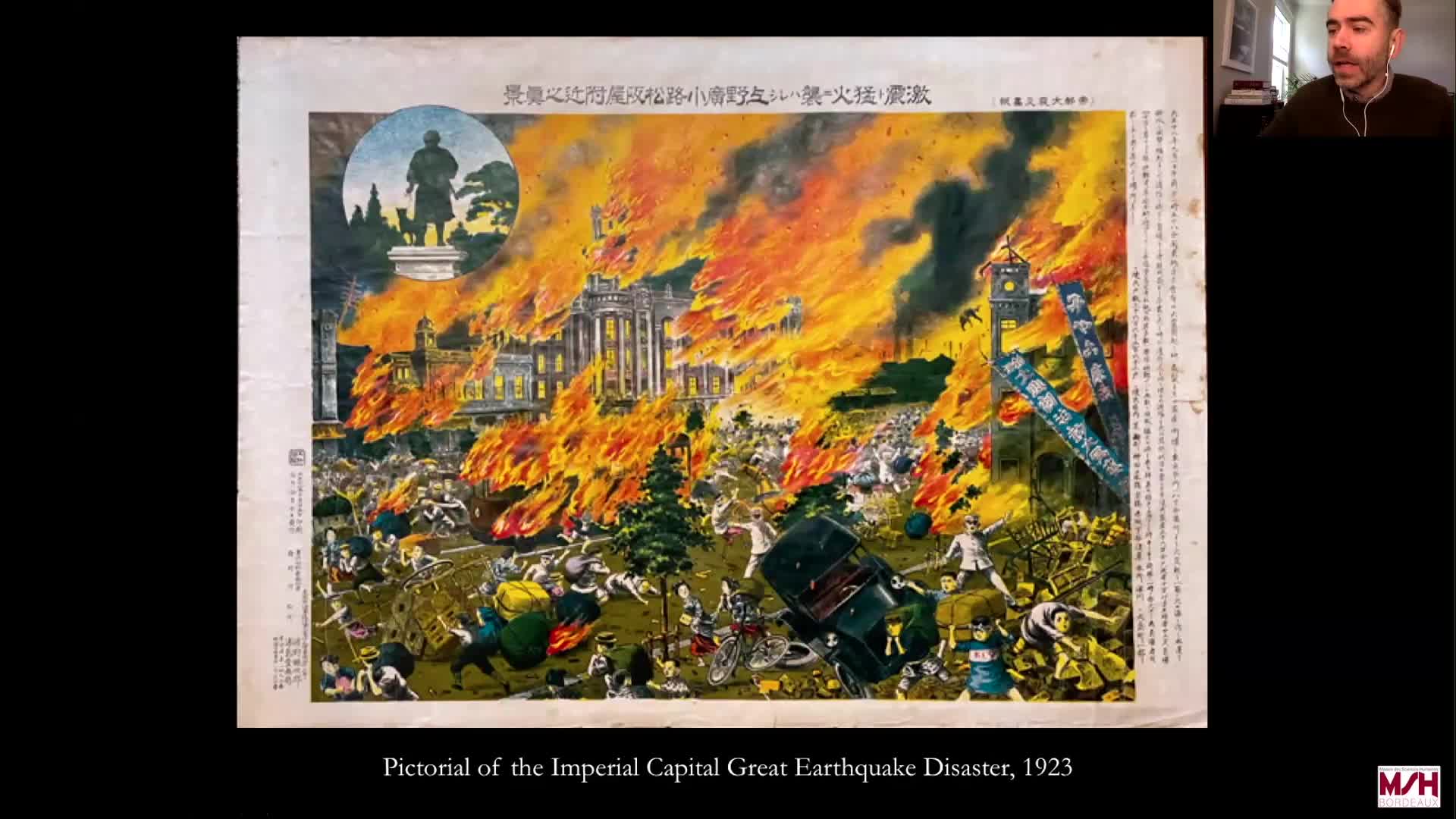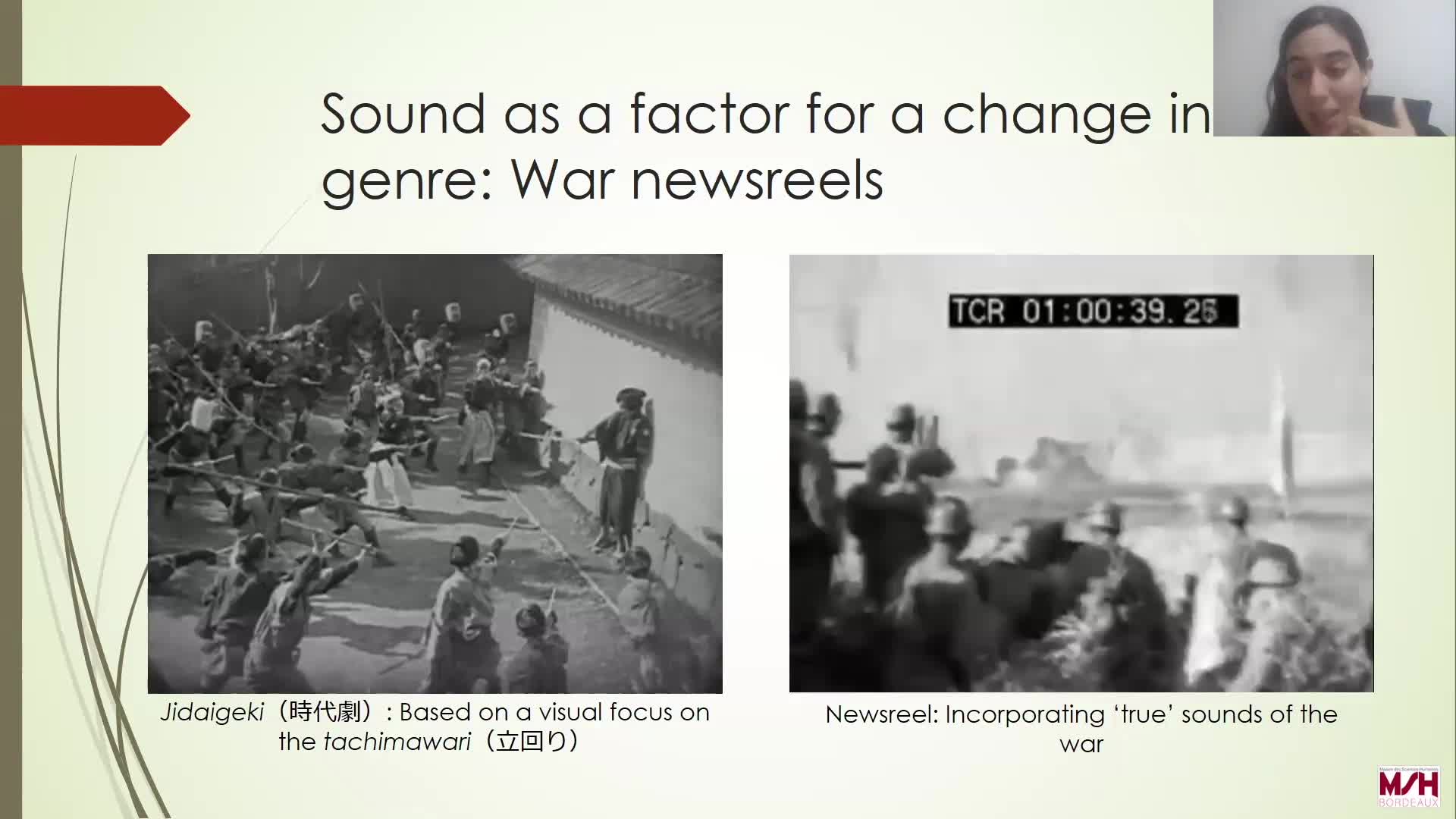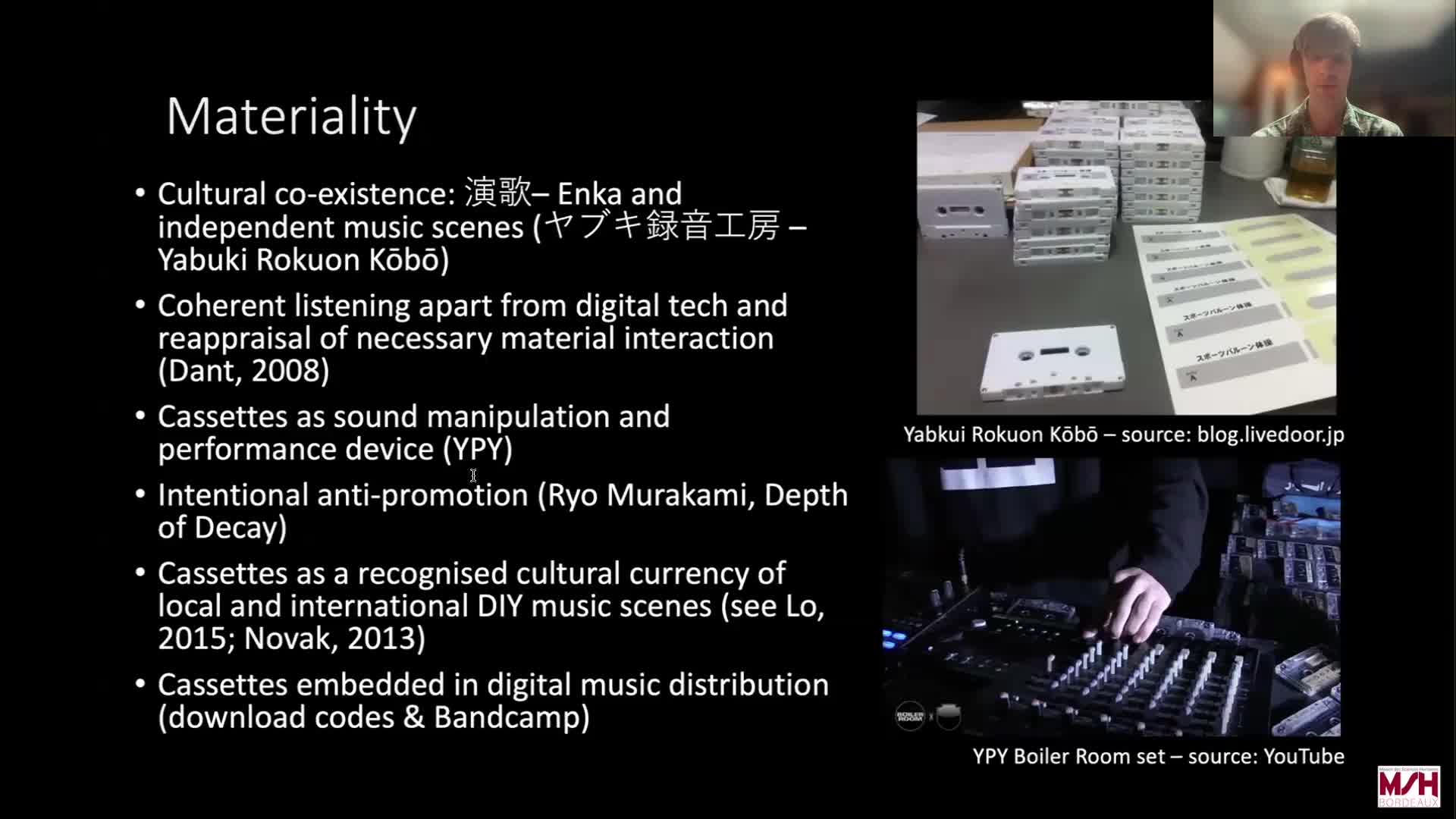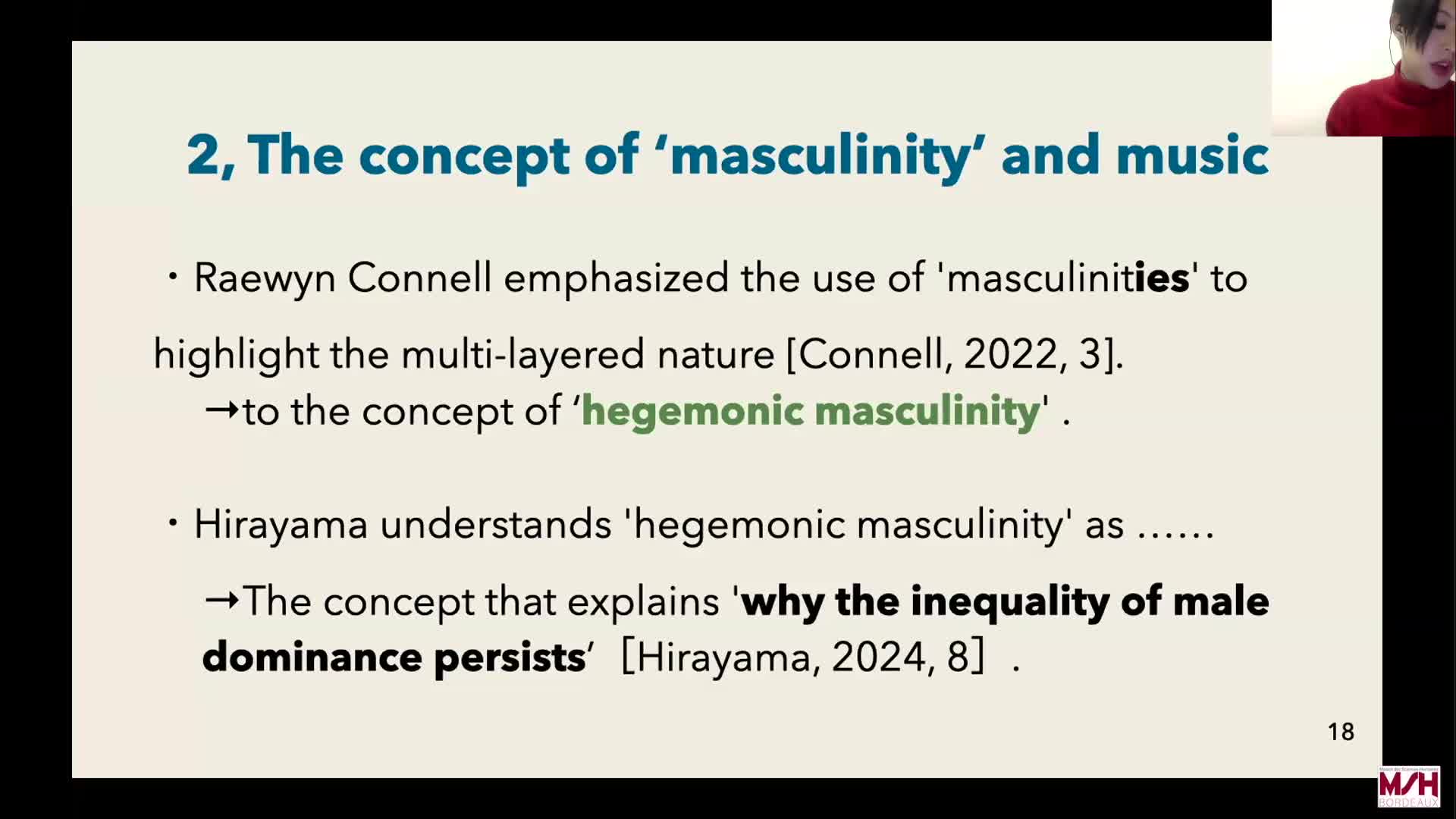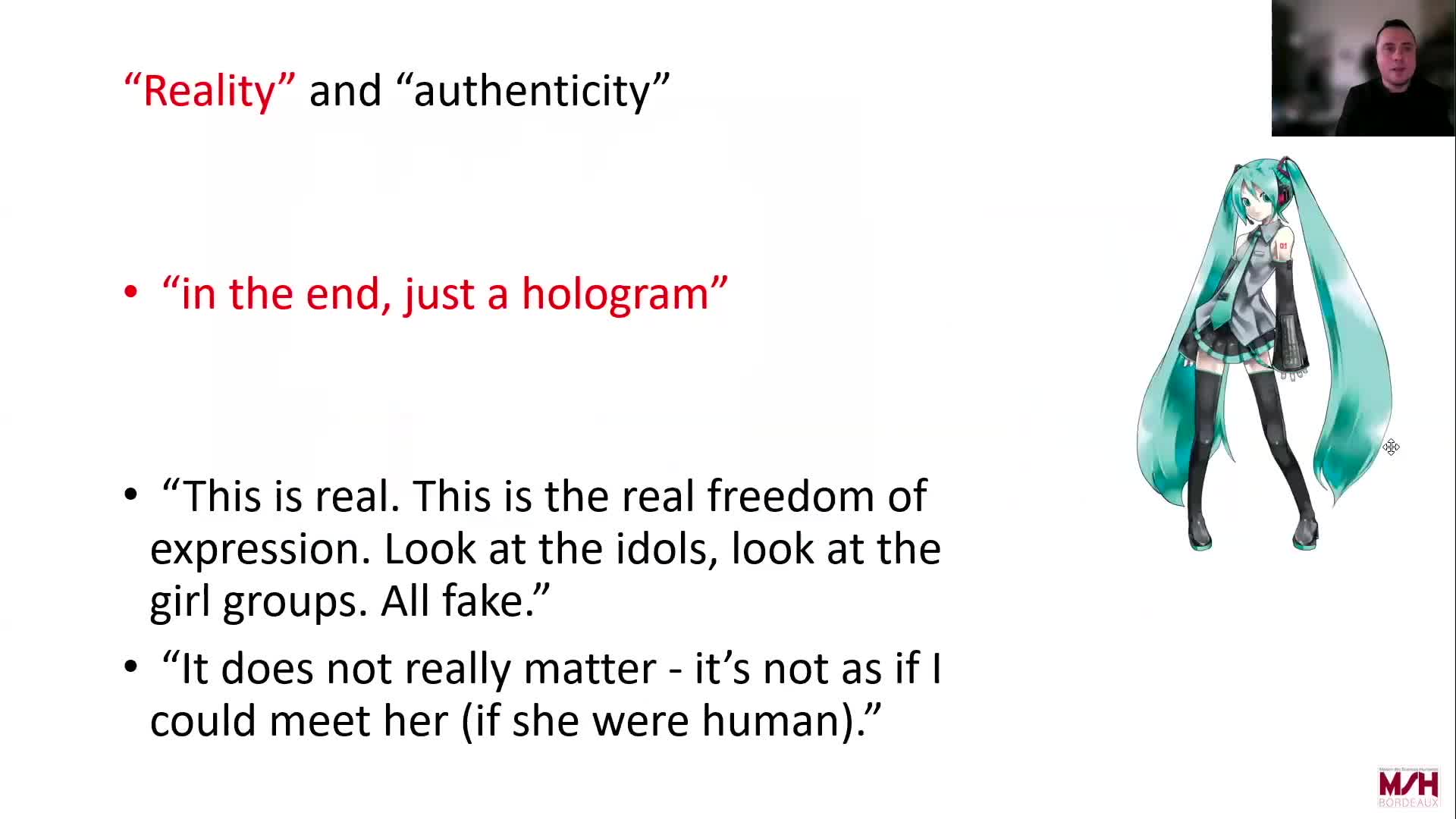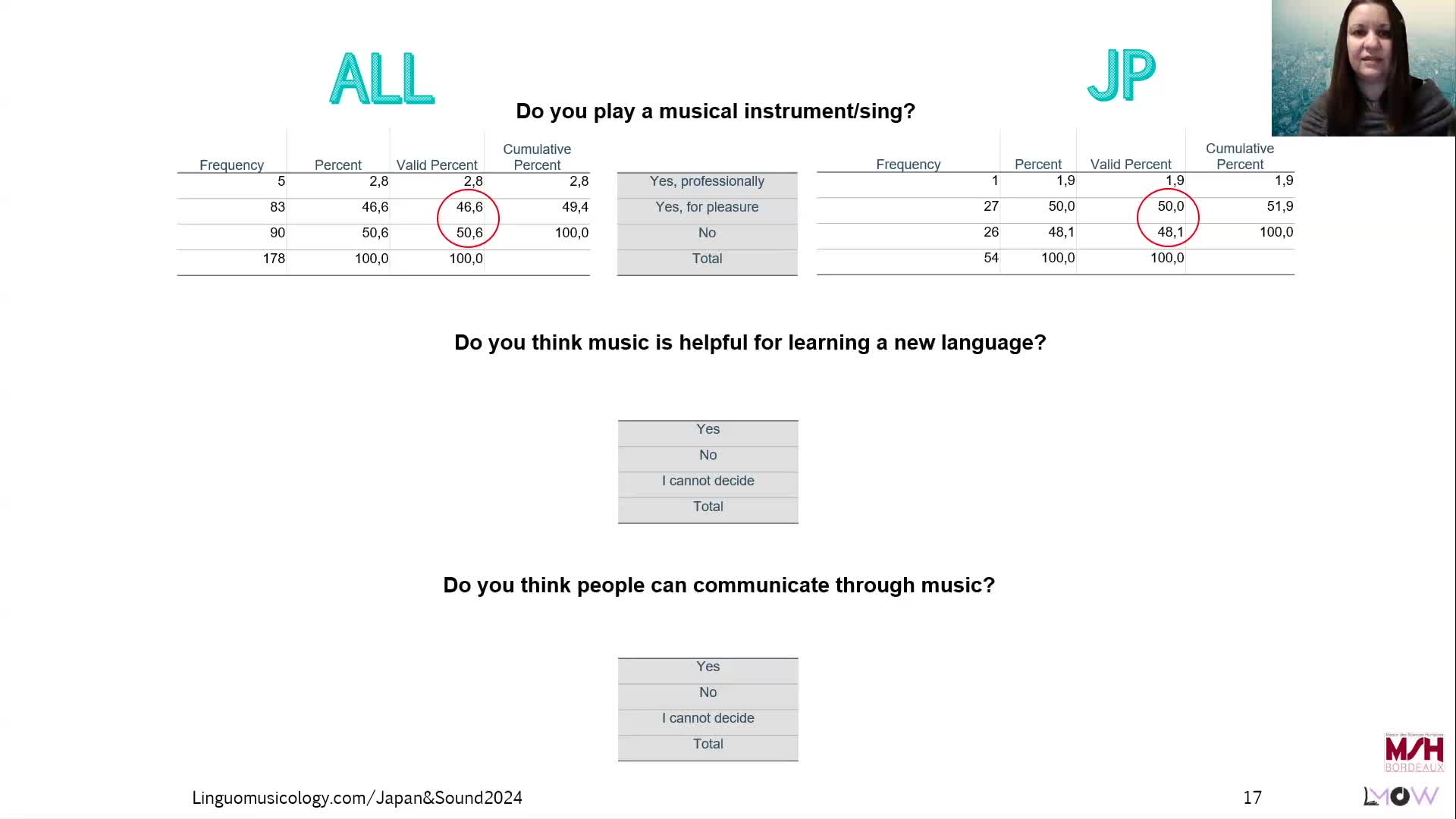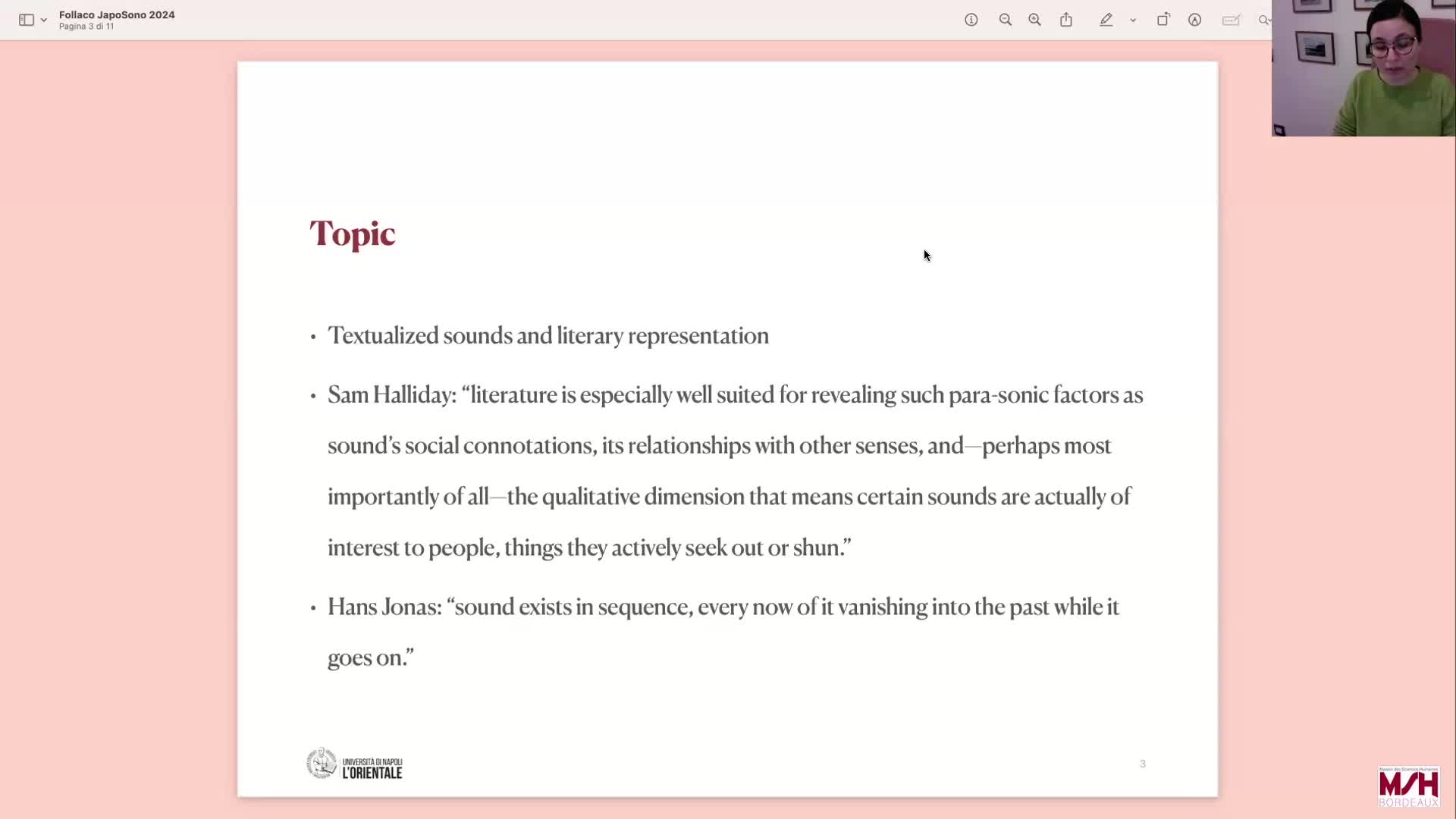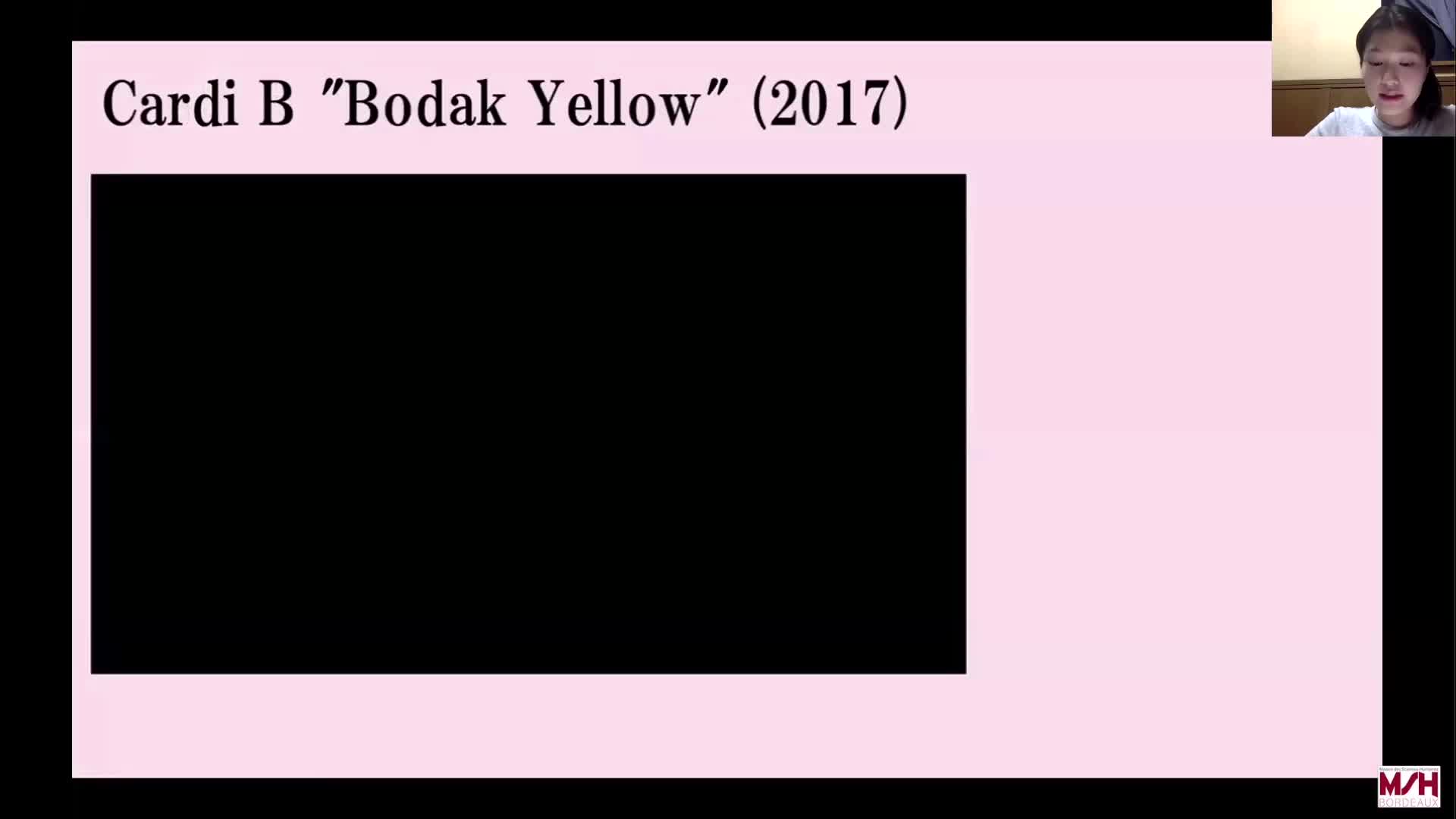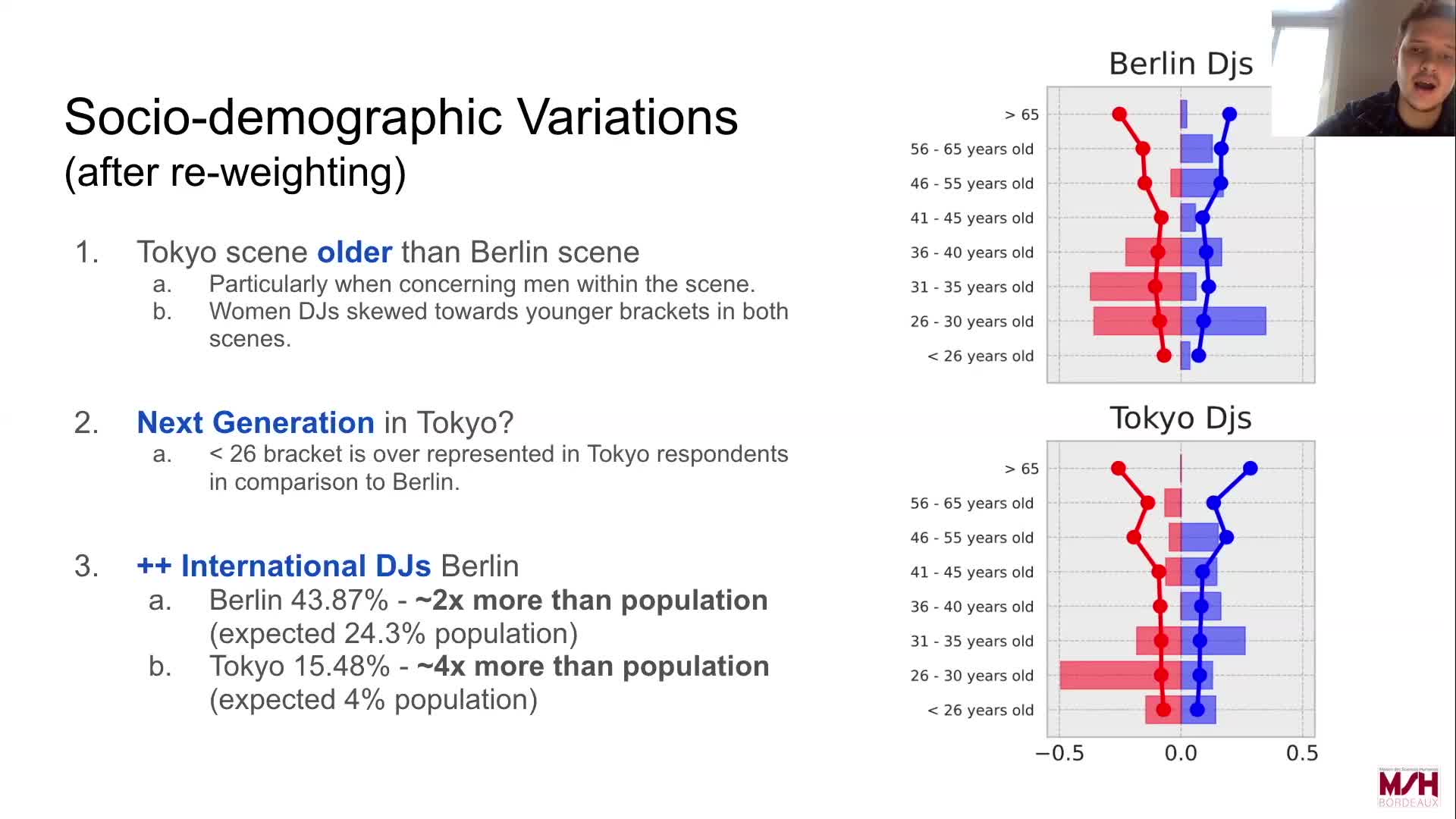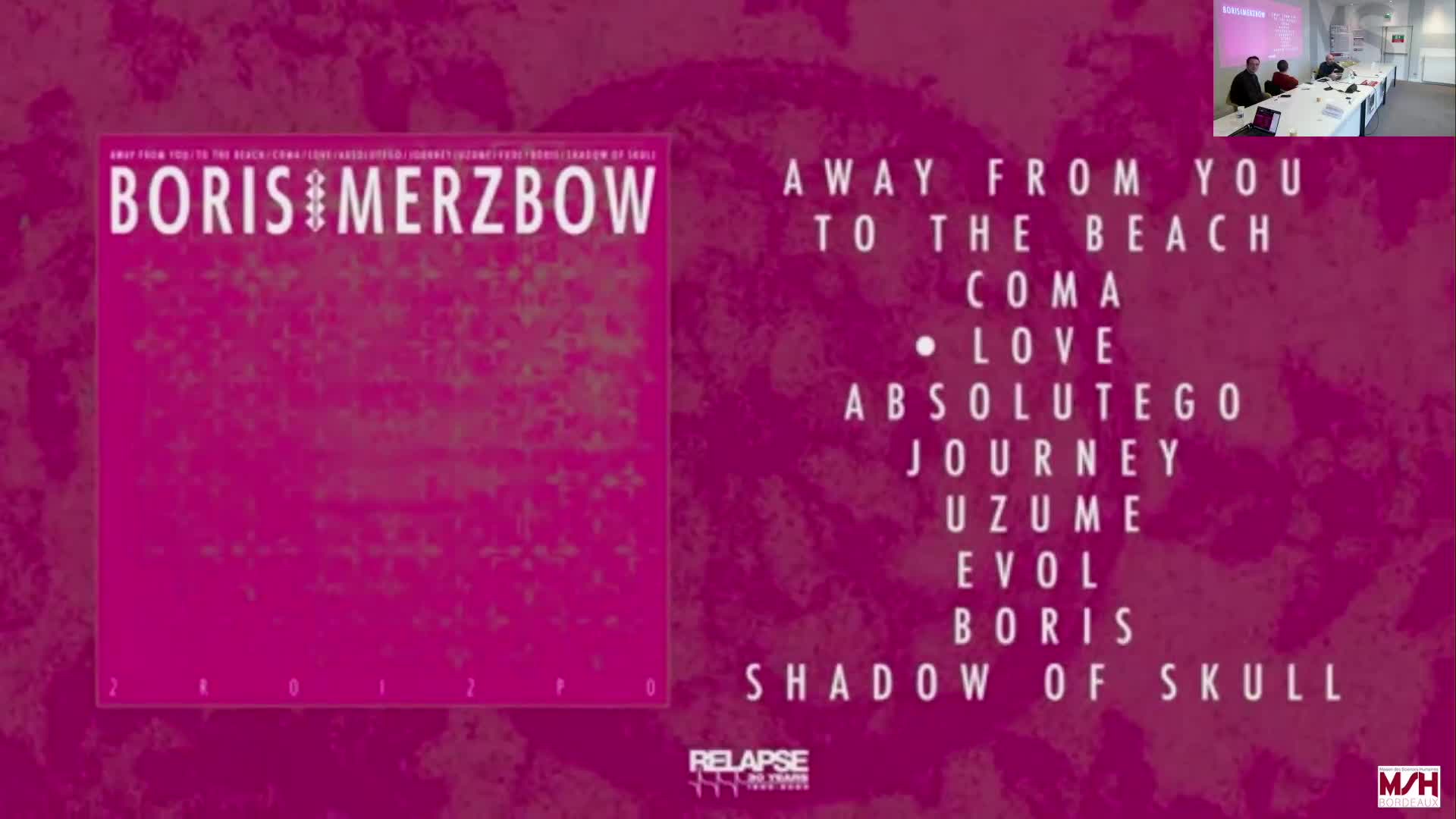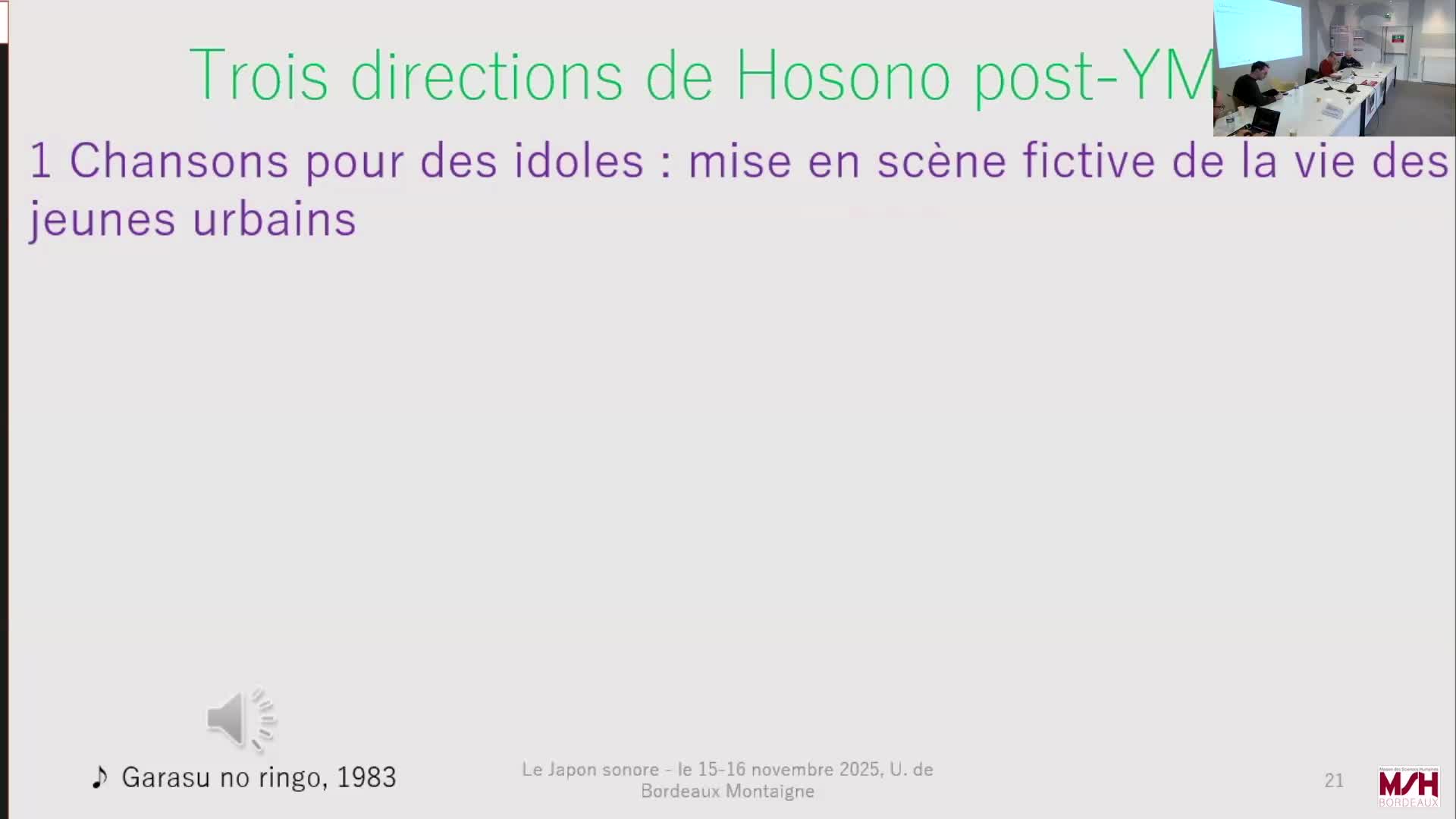Notice
Re-sounding Shōwa: Ōtaki Eiichi’s A Long Vacation and nostalgia for 1980s Japan
- document 1 document 2 document 3
- niveau 1 niveau 2 niveau 3
Descriptif
Moritz Sommet, "Re-sounding Shōwa: Ōtaki Eiichi’s A Long Vacation and nostalgia for 1980s Japan".
Panel 10 – Sounds and nostalgia
A prolific singer-songwriter and pop music producer throughout his life, Ōtaki Eiichi (1948-2013) has turned into a symbol of the late Shōwa era some ten years after his death. His bestselling A Long Vacation was one of the first Japanese albums released on compact disc and embodies significant changes in the music diffusion and listening practices of the early 1980s. Originally a creative engagement with Phil Spector’s wall of sound concept and the Japanese reception of American pop in the 1950s and 1960s, the album has since been re-issued several times and is now commonly associated with the sound of “City Pop,” a sonic representation of the supposed wealth and optimism of pre-bubble Japan. A Long Vacation has thus come to represent both the nostalgic perception of past sound and its potential for creative refiguration. In discussing the development of the multi-layered discourse surrounding the album, my paper aims to shed some light on recent sound-related shifts in retrospective views of the Shōwa era.
Colloque "Le Japon sonore : modernité, constructions sociales, rapports de force / Japan and sound: modernity, social constructs and power relations" 14-16 novembre 2024, organisé par Jeremy Corral (UMRU 24140 D2IA, Université Bordeaux Montaigne) et par Chiharu Chûjô (EA 4186-IETT, Université Jean Moulin Lyon 3).
More informations: https://mshbordeaux.hypotheses.org/10930
Thème
Dans la même collection
-
Clôture du colloque / Closing comments
CorralJeremyChujoChiharuColloque "Le Japon sonore : modernité, constructions sociales, rapports de force / Japan and sound: modernity, social constructs and power relations"
-
The ear is a weapon: Soundscapes of racial violence in Tokyo, 1923
Colloque "Le Japon sonore : modernité, constructions sociales, rapports de force / Japan and sound: modernity, social constructs and power relations"
-
Recorded sound and the development of ideological control: Changes in Japanese cinema since 1931
Colloque "Le Japon sonore : modernité, constructions sociales, rapports de force / Japan and sound: modernity, social constructs and power relations"
-
Tomorrow on cassette: Japan’s tape jams in the new media age
Colloque "Le Japon sonore : modernité, constructions sociales, rapports de force / Japan and sound: modernity, social constructs and power relations"
-
Masculinities and femininities of Japanese singer-songwriters
Colloque "Le Japon sonore : modernité, constructions sociales, rapports de force / Japan and sound: modernity, social constructs and power relations"
-
Multivocality and the vocaloid fan canon
Colloque "Le Japon sonore : modernité, constructions sociales, rapports de force / Japan and sound: modernity, social constructs and power relations"
-
The music of words of Japan: The relationship between human language and music
Colloque "Le Japon sonore : modernité, constructions sociales, rapports de force / Japan and sound: modernity, social constructs and power relations"
-
"Did anyone hear what I said?": Acting through sound in Higuchi Ichiyō’s writing
Colloque "Le Japon sonore : modernité, constructions sociales, rapports de force / Japan and sound: modernity, social constructs and power relations"
-
Gyaru and hip-hop: Shaping a sound-based identity
Colloque "Le Japon sonore : modernité, constructions sociales, rapports de force / Japan and sound: modernity, social constructs and power relations"
-
La musique électronique à Tokyo : une scène (définitivement) analogique ?
PoirouxJérémieColloque "Le Japon sonore : modernité, constructions sociales, rapports de force / Japan and sound: modernity, social constructs and power relations"
-
Save the noise: Supportive acts and works in Japanese noise music in the COVID-19 pandemic
Colloque "Le Japon sonore : modernité, constructions sociales, rapports de force / Japan and sound: modernity, social constructs and power relations"
-
Le tournant de Hosono Haruomi vers la musique ambient dans les années 1980-1990 : concept de « kank…
Colloque "Le Japon sonore : modernité, constructions sociales, rapports de force / Japan and sound: modernity, social constructs and power relations"



